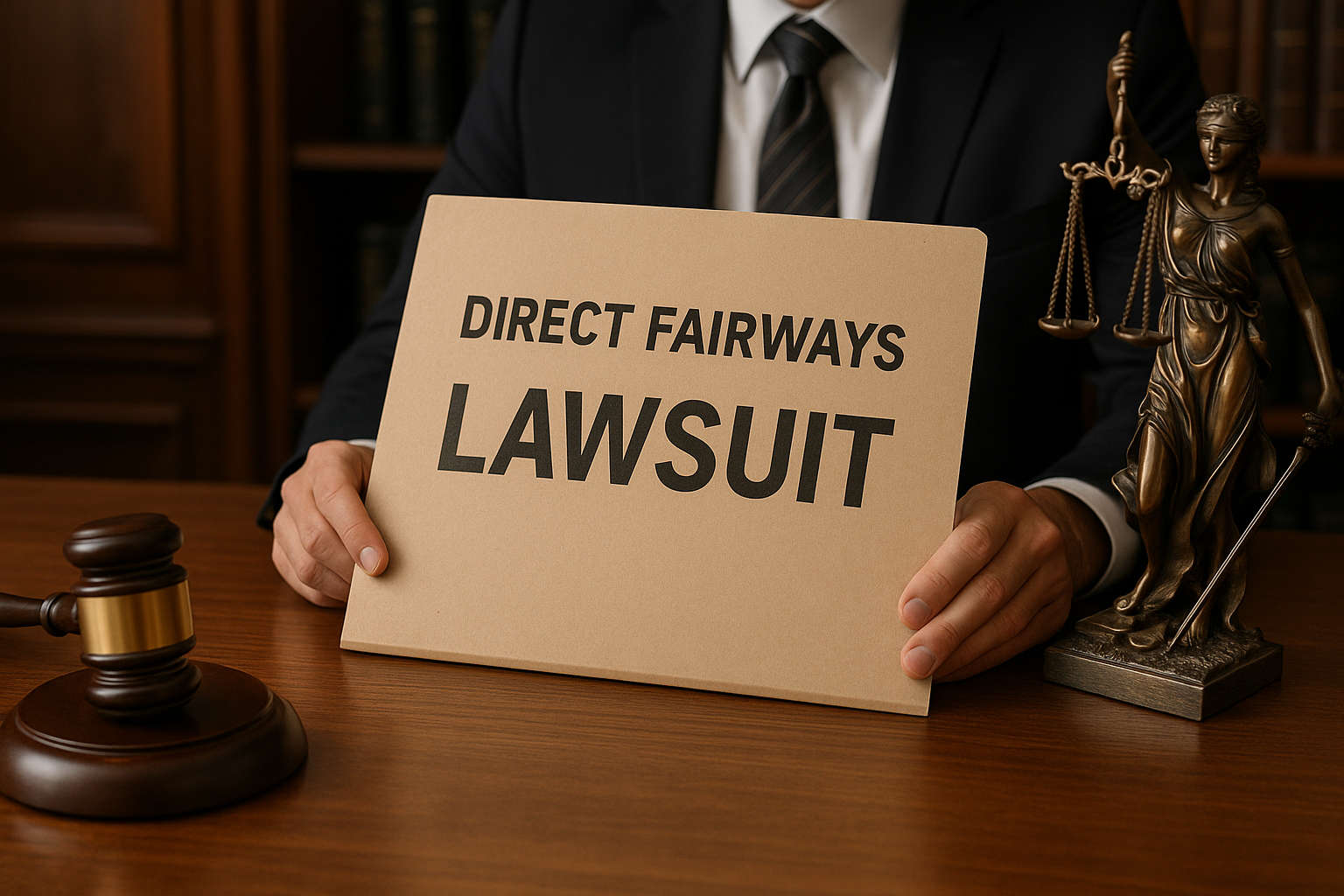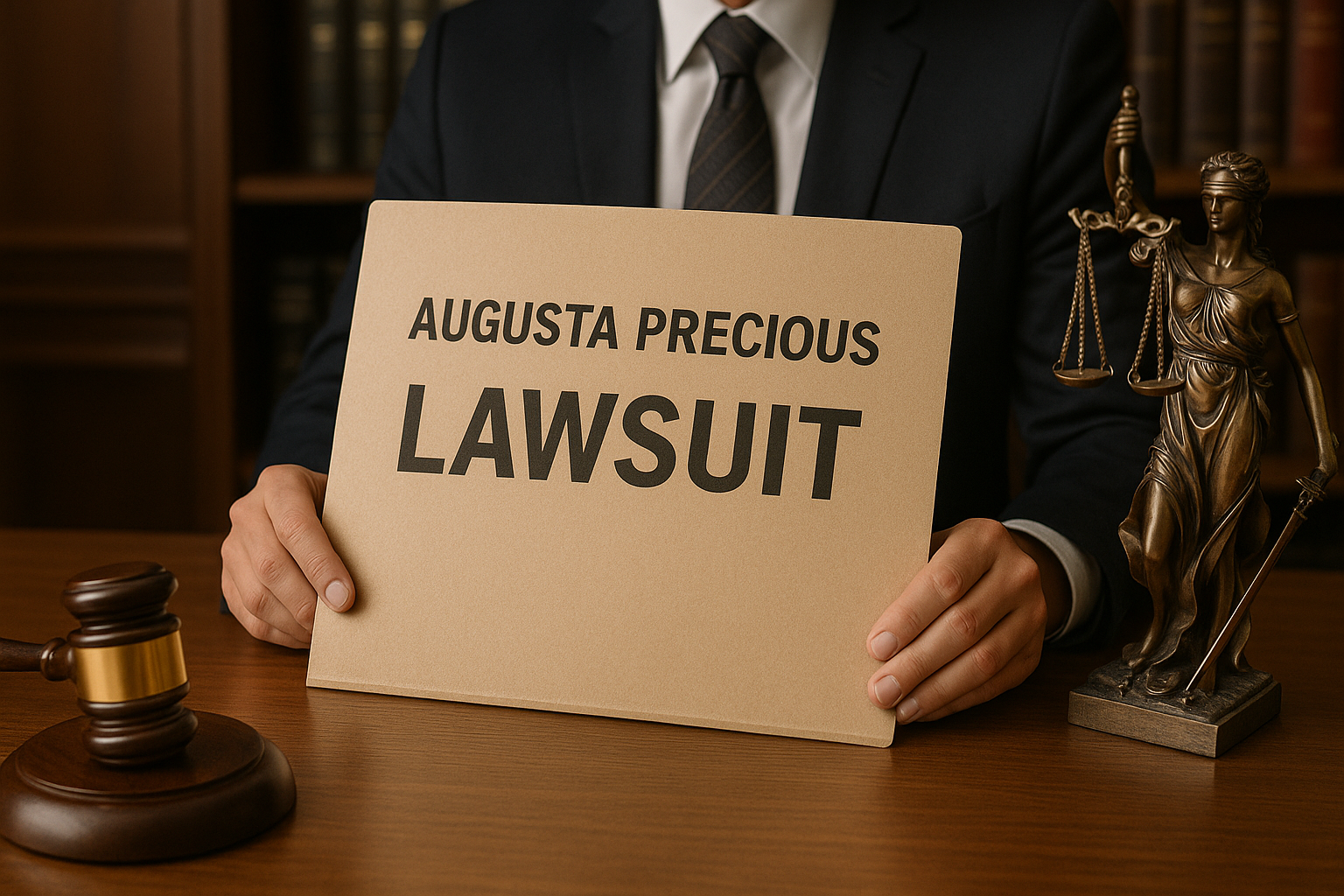The Direct Fairways lawsuit has become a topic of discussion in the golf industry and among small business owners who have interacted with the company. Known as a marketing and advertising firm specializing in golf course promotions, Direct Fairways has been the subject of multiple complaints and legal actions. Understanding the background, allegations, and potential implications of this lawsuit is essential for both consumers and industry professionals.
Background of Direct Fairways
Direct Fairways is a marketing company based in the United States that primarily works with golf courses, country clubs, and related businesses. Their services often include printed golf course guides, local advertising campaigns, and promotional opportunities targeting golf enthusiasts. While the business model initially appeared beneficial for small businesses seeking exposure, disputes soon arose regarding how the company conducted its operations.
How the Lawsuit Originated
The Direct Fairways lawsuit originated from a series of complaints by businesses that purchased advertising space. These complaints centered around issues such as sales tactics, contract terms, and the quality of services delivered. Over time, dissatisfaction among clients escalated into formal legal challenges, prompting regulatory reviews and consumer protection concerns.
Main Allegations Against Direct Fairways
The lawsuit and surrounding complaints brought forward several recurring allegations:
- Misrepresentation of services: Some clients claimed that the company promised levels of exposure and distribution that were never fully delivered.
- High-pressure sales tactics: Allegations suggest that representatives pressured businesses into making quick decisions without allowing sufficient time to review contracts.
- Lack of transparency: Business owners reported not receiving precise details about contract terms, renewal conditions, or cancellation policies.
- Unfulfilled advertising results: Several clients argued that the return on investment was far below what had been promised during sales pitches.
These allegations formed the foundation of both individual and collective legal actions.
Legal Actions and Investigations
The Direct Fairways lawsuit has seen attention from courts, consumer protection agencies, and, in some cases, state authorities. While specific outcomes have varied depending on the state and the nature of the claims, many investigations have focused on whether the company violated fair business practice laws or engaged in deceptive marketing practices.
Some lawsuits were resolved through settlements, while others remained ongoing as plaintiffs sought compensation for financial losses. The publicity surrounding these cases further heightened awareness among potential customers and business partners.
Impact on Golf Courses and Small Businesses
For golf courses and local businesses, the lawsuit served as a cautionary tale. Many of them had partnered with Direct Fairways to gain visibility within their communities. However, when expectations did not align with actual results, it left some businesses financially strained.
The controversy also impacted trust within the golf marketing industry. Small businesses became more cautious about entering advertising agreements, often requesting more detailed transparency before committing to campaigns.
Consumer Complaints and Reviews
Outside the courtroom, consumer review platforms and complaint boards became a major outlet for dissatisfied clients. Negative reviews highlighted recurring patterns of alleged misconduct, from billing disputes to unresponsive customer service.
While some clients reported positive experiences with Direct Fairways, the significant number of complaints added weight to the broader Direct Fairways lawsuit, giving potential customers a reason to reconsider partnerships.
The Company’s Response
In response to legal challenges and complaints, Direct Fairways has defended its practices, often asserting that its advertising services were delivered as contracted. The company has maintained that satisfied customers exist and that negative experiences may not represent the entirety of its operations.
In some cases, Direct Fairways reportedly worked to settle disputes outside of court, seeking to protect its reputation and maintain ongoing business relationships.
What the Lawsuit Means for Marketing Practices
The Direct Fairways lawsuit has broader implications for the advertising and marketing industry. It highlights the importance of ethical sales tactics, transparency in contracts, and measurable results in promotional campaigns. Businesses engaging in advertising partnerships must now be more vigilant, ensuring they work with firms that prioritize accountability.
For marketers, the case demonstrates that overstating results or using aggressive sales methods can lead to long-term reputational and legal consequences. It also reinforces the importance of establishing clear deliverables and maintaining consistent communication with clients.
Lessons for Businesses and Consumers
Small businesses can learn several lessons from the Direct Fairways lawsuit:
- Always read contracts thoroughly before signing, paying attention to cancellation policies and renewal clauses.
- Request measurable proof of advertising reach and impact before committing funds.
- Research company reviews and consult consumer protection databases to understand the company’s reputational history.
- Avoid making rushed decisions, especially when faced with high-pressure sales tactics.
By following these steps, businesses can protect themselves from falling into unfavorable agreements.
Current Status and Future Outlook
While some cases related to the Direct Fairways lawsuit have already been resolved, others may still be ongoing depending on jurisdiction. The outcome of these legal proceedings could shape how similar marketing companies operate in the future.
Regulators and watchdog organizations are likely to keep a close eye on the industry, ensuring that advertising businesses adhere to fair practices. For Direct Fairways, the challenge remains to rebuild trust and address the concerns that led to widespread scrutiny.
Final Thoughts
The Direct Fairways lawsuit underscores the risks businesses face when entering advertising agreements without complete clarity. Allegations of misrepresentation, high-pressure sales tactics, and unfulfilled promises serve as a reminder that due diligence is essential.
Whether you are a golf course operator, small business owner, or consumer, understanding the key facts of this case can help you make smarter decisions in the future. The situation underscores the importance of transparency, accountability, and thorough review when collaborating with any marketing firm.




